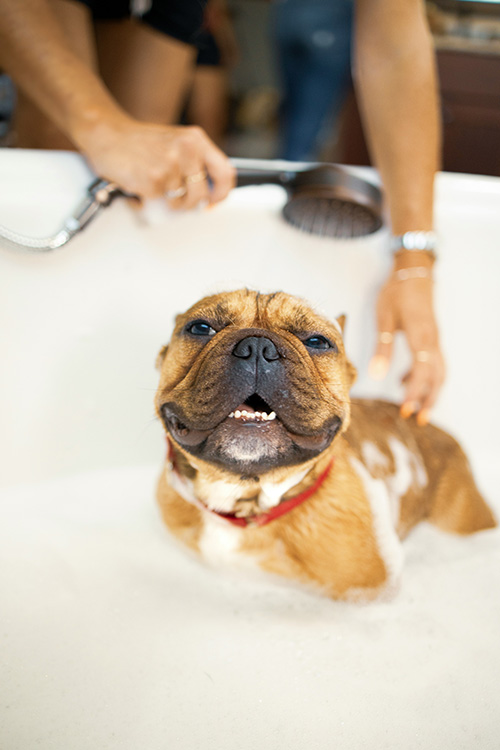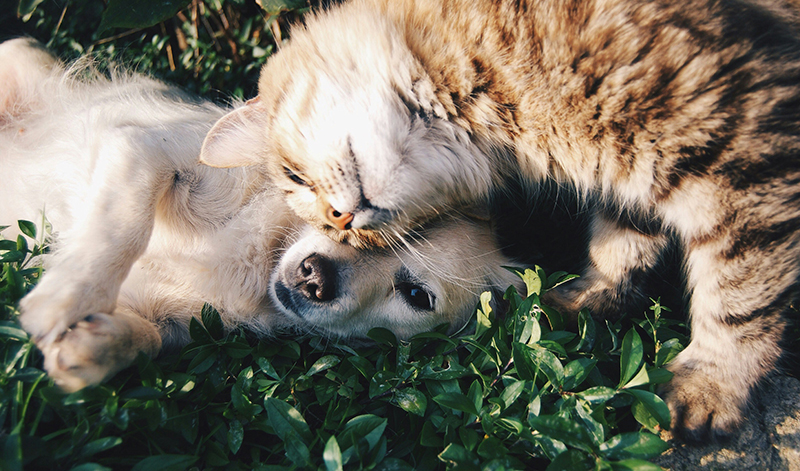
Pets are more than just animals; they become cherished members of our families, bringing joy, companionship, and often a sense of purpose. Ensuring that your pet is happy not only enhances their quality of life but also strengthens the bond between you and your furry (or scaly, or feathered) friend. Here are some practical tips on how to keep your pet happy.
1. Provide Adequate Exercise
Regular physical activity is crucial for maintaining your pet's health and happiness. The type and amount of exercise needed can vary greatly depending on the species, breed, age, and individual personality of your pet. For dogs, this might mean daily walks, runs, or playtime at the park. Cats may enjoy chasing toys or climbing structures. Even smaller pets like rabbits and guinea pigs benefit from time outside their cages in a safe, supervised environment.
2. Offer a Nutritious Diet
A balanced diet is essential for your pet's overall well-being. Consult with your veterinarian to determine the best food options based on your pet's specific needs, considering factors such as age, weight, and any existing health conditions. Fresh water should always be available, and treats should be given in moderation to avoid overfeeding.
3. Create a Comfortable Living Environment
Your pet's living space should be clean, safe, and comfortable. This includes providing appropriate bedding, a quiet place to rest, and suitable temperature conditions. For outdoor pets, ensure they have shelter from the elements. Additionally, consider the psychological comfort of your pet by providing hiding spots for cats, chew toys for dogs, or a variety of perches for birds.
4. Engage in Regular Play and Interaction
Playtime is not just about physical exercise; it's also an opportunity for mental stimulation and bonding. Set aside time each day to interact with your pet through games, training sessions, or simply cuddling. This helps strengthen the emotional connection and provides them with much-needed attention and affection.
5. Maintain Good Health
Regular veterinary check-ups are key to catching potential health issues early. Keep up with vaccinations, parasite control, and dental care. Also, be observant of any changes in behavior or appetite, as these can be signs of underlying problems. A healthy pet is a happier pet.
6. Socialization
Socializing your pet, especially when they're young, is important for developing good behaviors and reducing anxiety. Dogs, for example, benefit from meeting other dogs and people, while even solitary animals like cats can enjoy the company of their own kind under the right circumstances. However, always ensure interactions are positive and stress-free.
7. Training and Mental Stimulation
Training isn't just about teaching commands; it's also a great way to challenge your pet mentally and reinforce positive behaviors. Use positive reinforcement techniques, such as praise and treats, to encourage learning. Puzzle toys and interactive feeders can also provide mental stimulation, keeping boredom at bay.
By following these guidelines, you'll be well on your way to ensuring that your beloved pet leads a happy, healthy, and fulfilling life. Remember, every animal is unique, so pay attention to what makes your particular pet thrive and adjust accordingly. After all, the goal is to create a loving, supportive environment where both you and your pet can enjoy each other's company for years to come.



